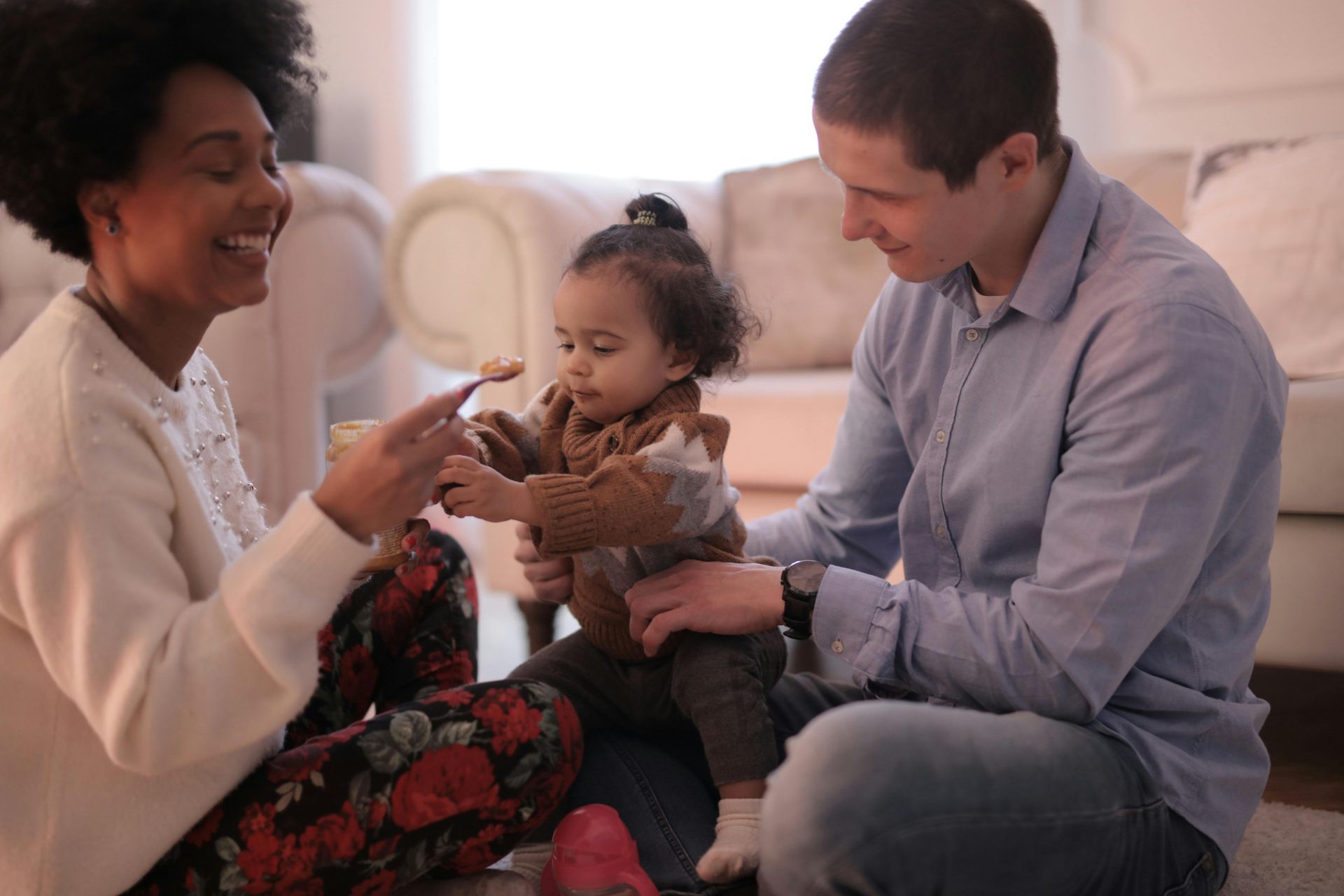This week, I'm sharing a sneak peek from Doing it All: Stop Over-Functioning and Become the Mom and Person You're Meant to Be, Chapter 3.
“I DON’T WANNA RULE THE WORLD,
just wanna run my life.”
In 1986, Janet Jackson came out with her song, “Control,” and I knew she was talking to me. I was only five, but that woman already recognized my deep need to manage my entire life, to keep my hand in all the things that affected me. I wanted
to pack my own bags for family vacations. I didn’t need to go to the bathroom before getting tucked in for the night. Why on earth wouldn’t my parents let me have dessert before dinner—didn’t they know I could handle my sugar intake without them?
Now that I’m in my forties, “Control” still rings true—mostly. If I’m being honest, I don’t really want to be in charge of everything. It sounds dreamy to be able to hand off the meal planning, grocery shopping, and meal prep to someone else! But then Scott comes home with the wrong kind of cracker (that I know the kids won’t eat), and the lack of control makes me all dark and twisty inside. Especially because I know I could have done it better myself.
The thing that saves me from throwing a head-on-the-ground, toddler-style tantrum when things aren’t done my way (other than remembering my way isn’t always the right way) is remembering my Centered Vision. When we choose to pursue a life of purpose and meaning, we choose to focus our time, energy, and resources on what matters most to us. And rosemary gluten-free crackers are not at the top of that list. Keeping that perspective allows me to loosen my grip on the things that affect me, but don’t need to be controlled by me. In other words, the Swappables.
If micromanaging were an Olympic sport, most moms I know would be gold medal winners.
They truly are champions at keeping a stranglehold on the minutiae of their family’s lives, as well as their own personal and professional endeavors. And you have to ask yourself, why? Why don’t we ask for help more often from our partners, from our coworkers, or from our kids? The truth is that it’s not just about control. The answers are rooted in sexism, tradition, and the following factors:
- SELF-RELIANCE: We feel like it takes even more effort to involve anyone else. Imagine asking your kid to unload the dishwasher . . . and then hav- ing to put everything back in its rightful place. Think about asking a team member to fold all the shirts in the menswear department, only to find them sloppily arranged. It’s aggravating just to think about it.
- OVERACHIEVING: We feel like we should do it all ourselves and that it looks weaker when we have to ask for help. We think we overachievers don’t (or shouldn’t) need any help from anyone. And we feel terrible about ourselves when we inevitably do.
- OVERFUNCTIONING: We’re used to overfunctioning. For many of us, toxic productivity is our modus operandi. It feels normal to run around at 100 miles an hour with everyone depending on you for everything. Even though it’s terrible for us to stay in a state of hyperactivity both profession- ally and personally, it feels abnormal not to.
- MOM STANDARDS: It may not get done to our standards if we ask someone else to do it for us. Again, think of the dishwasher.
- EMOTIONAL BANDWIDTH: There’s a big risk of even more resentment, disappointment, and frustration if it’s not done by someone else in a timely manner, if we have to nag them to do it, or if it’s not done at all. We don’t have the emotional bandwidth for this. So often, we just avoid it by doing everything ourselves.
- TRADITIONAL GENDER NORMS: Discrimination and bias dictate that those who are less privileged and more oppressed get stuck with the grunt work more often. And even though societal and workplace norms are changing, they aren’t changing fast enough. Persistent, systemic racism and generational conditioning mean there’s still an unfair and inequitable division of labor based on factors like gender and racial status everywhere we turn.
The odds are stacked against us. They have been for generations. We’re the default (or “shefault”) team members in our homes and at work. While some of it is our doing (or just our perpetuating), most of it definitely is not.
You Can’t Control Everything, but You Can Control This
You’re not in charge of the way the world treats you. Try as we might, it’s hard to change how other people operate, at least in a timeframe that meets our needs. We’re not going to end discrimination or bias overnight. That kind of advocacy takes years and sometimes generations of work. But we can:
- CHANGE the unhelpful thought patterns that keep us in “servant mode” and out of “delegation mode” right now.
- DECIDE if we’re going to keep trying to meet the unhealthy standards the world feeds us for managing our home and work lives or if we’re ready to choose a path that works better for us.
- BRING AWARENESS to self-imposed pressure to do it all and be it all.
- LEARN TO REST instead of saying yes to toxic productivity.
- PRACTICE RADICAL ACCEPTANCE around what our partners and parenting villages are capable of contributing (and their willingness to do so) and make other plans if they won’t step up to the plate.
- LEARN how to build more equity in your home and at work.
It turns out you have more control than you thought you did."
Your Next Steps
Want to read more? Check out
Doing it All: Stop Over-Functioning and Become the Mom and Person You're Meant to Be in paperback, eBook, and audiobook.












